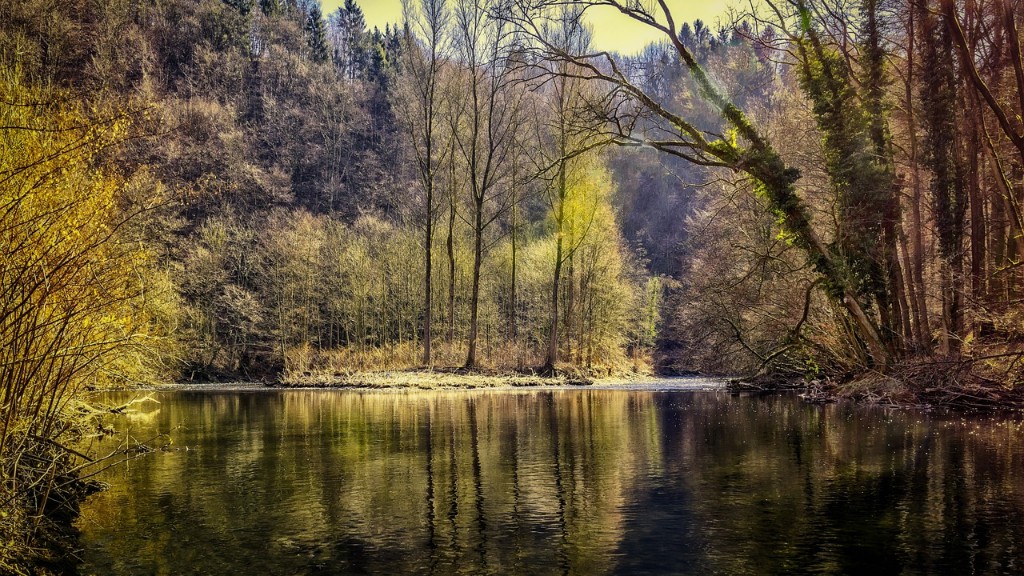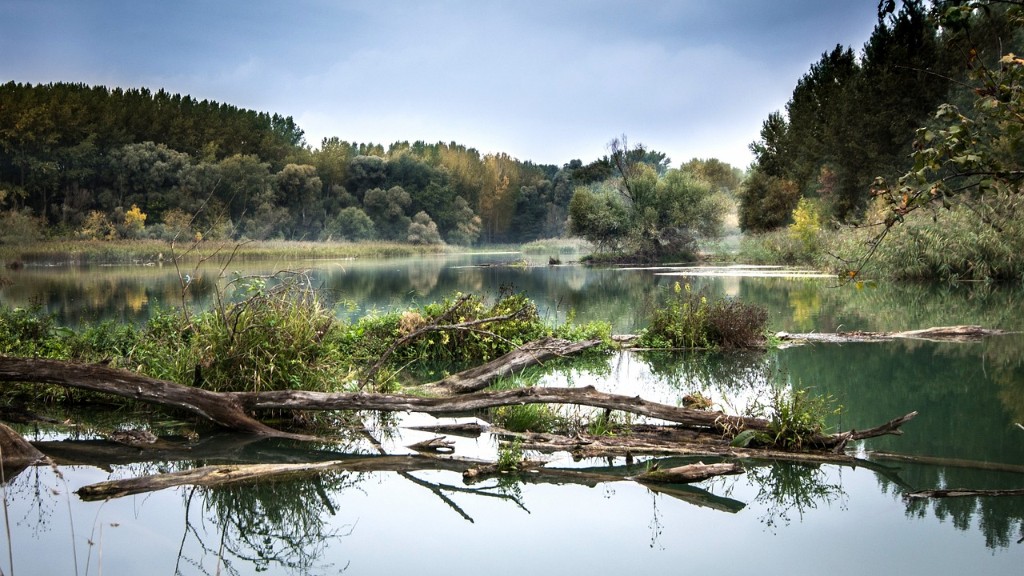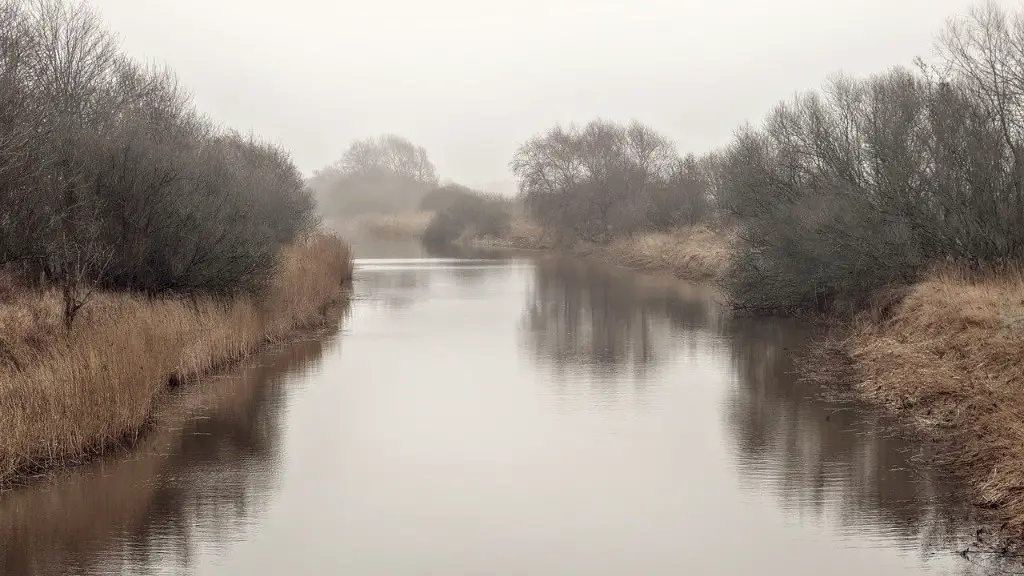The 2021 Mississippi River is suffering from the lowest water levels in decades. This is a cause of immense concern for the millions of people living in America’s Mississippi Delta. Many communities rely on the Mississippi River for their food, livelihood and recreation activities. The agricultural output of the Mississippi Delta is also significantly impacted by the river’s low water level. Scientists have concluded that the combination of record-high temperatures, extended dry periods and drought have caused this current water crisis.
According to the US Army Corps of Engineers, the river’s water level has dropped more than two and a half feet since June 2020. This has led to riverboat navigation being endangered, with water levels too low for navigation. There is a real risk that the river could be closed to shipping, putting many industries and livelihoods at risk.
Changing weather patterns have been the primary cause of the drought that has been plaguing the country for the past year. Global temperatures have been rising for years, and in the US, 2021 has seen an increase in drought conditions. This has caused the soil in the Mississippi Delta to dry out, resulting in the lack of water in the Mississippi River.
Climate experts have pointed to climate change as the primary cause of the weather and water changes that are impacting the river. They suggest that much of the global warming has been caused by human activity and that the only way to solve the current crisis is to make drastic changes to the way we live our lives, and the way in which we source energy.
Not only is the Mississippi River’s water level low, the water itself is becoming more polluted as a result of agricultural runoff and industrial waste. Pollutants in the water, such as pesticides and fertilisers, are killing off fish and making it unsafe for swimming. Additionally, as the water levels drop, salt water from the Gulf of Mexico is being pushed further inland, making the water too saline for some animals to survive.
The Mississippi Delta is the second-largest wetland in the US and the low water levels are changing the local ecology. The Mississippi River is the main waterway for migratory birds and its insects and fish provide a vital food source for many species. Further, the wetlands offer protection from floods and they help to filter pollutants. Therefore, their destruction is having a significant effect on the environment.
The falling water levels of the Mississippi River are having a major economic and ecological impact on the region. For many communities, the Mississippi River is both an economic lifeblood and source of recreation. Therefore, it is the responsibility of governments and citizens alike to take measures to reduce the effects of climate change and to ensure the longevity of the river.
Climate Solutions
In order to prevent further destruction of the Mississippi River, creative and effective solutions must be found. One such solution is to reduce greenhouse gas emissions as much as possible. This can be achieved through the adoption of renewable energy sources such as solar, wind, and hydro-power. Furthermore, governments and citizens must work together to increase investment in green initiatives such as electric transport, green building, and reforestation.
Conservation Efforts
In addition to reducing emissions, conservation efforts must be made to ensure that water levels in the Mississippi River are stable. Such efforts include reducing river use, controlling agricultural runoff, and reducing industrial waste. Water-saving measures should be implemented on a local level, with businesses and households encouraged to reduce their water use. Further, farmers should be advised to use fertilisers and pesticides judiciously.
Restoration Efforts
Restoration efforts must also be implemented in order to restore the Mississippi Delta’s ecology. For many years, the delta has been used for agricultural and industry purposes, which has led to the implementation of levees and canals. These land-use practices have destroyed much of the natural habitat of the delta. To reverse the damage, projects such as dam removal and wildlife habitat restoration have been proposed.
Public Education
The public must also be educated on the importance of the Mississippi River. Many people do not understand the importance of the river, and they do not realise how their actions affect its water levels. To tackle this, educational programmes should be implemented in local schools, businesses, and communities. These programmes should focus on the river’s importance and explain the dangers of climate change.


